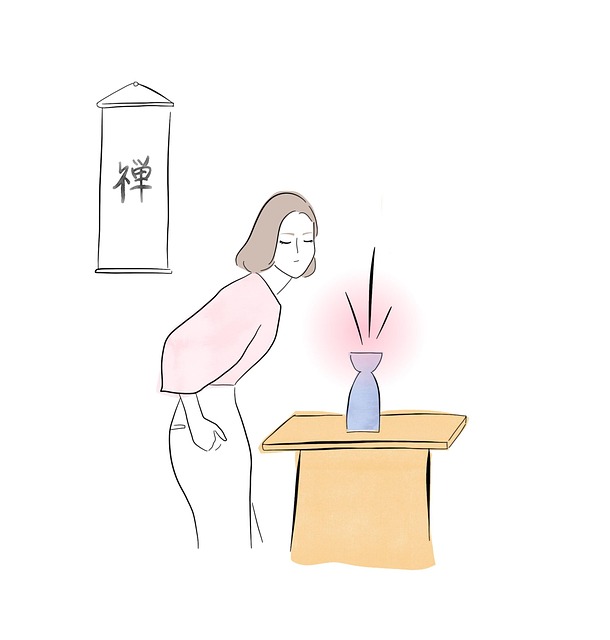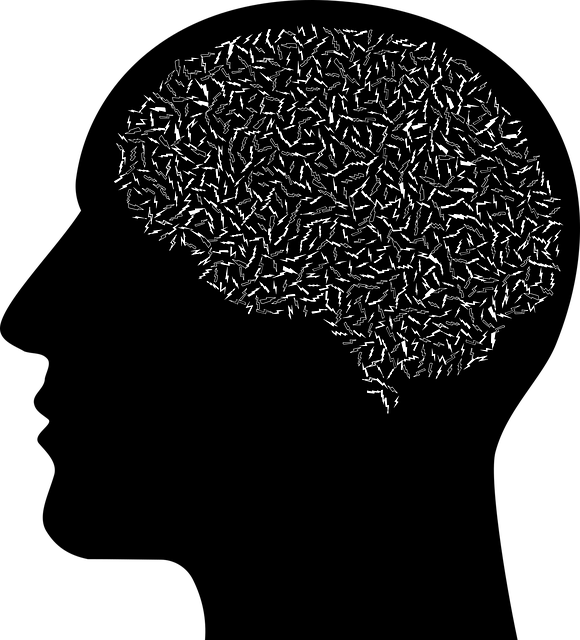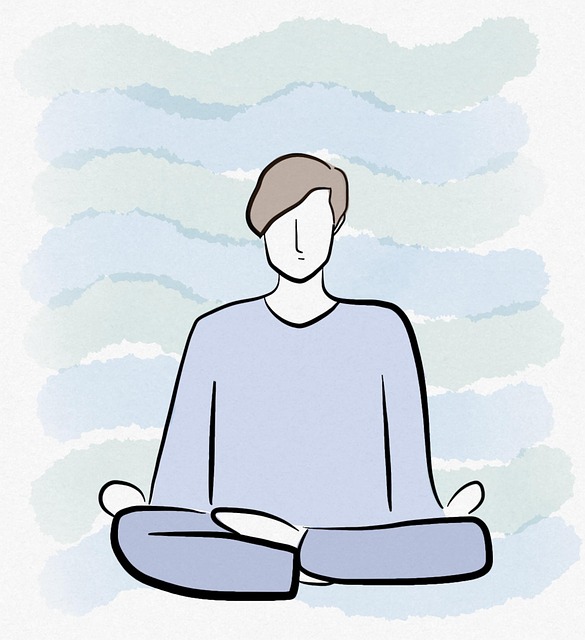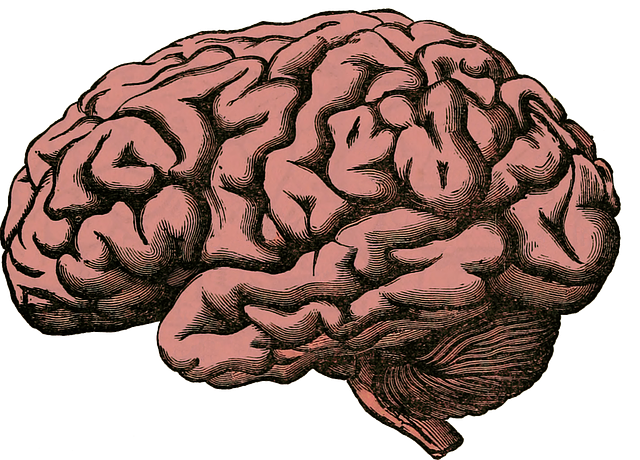Highlands Ranch Geriatrics Therapy places cultural sensitivity at its core, recognizing diverse patient backgrounds enhance therapy effectiveness. Therapists tailor interventions by understanding unique cultural perspectives on health and healing, preserving identities through practices like mindfulness and community involvement. By fostering empathy, providing training, and promoting awareness, the clinic ensures a safe space where clients can openly express themselves, improving outcomes and relationships for all.
Cultural sensitivity is a cornerstone of effective mental healthcare, especially within geriatric practice. This article explores the significance of cultural awareness in addressing the unique needs of older adults, focusing on strategies for therapists in Highlands Ranch. We delve into understanding cultural differences and provide insights on enhancing patient care through culturally sensitive practices at Highlands Ranch Geriatrics Therapy. By embracing diversity, therapists can create inclusive environments that foster healing and improve outcomes.
- Understanding Cultural Sensitivity: Why It Matters in Geriatric Therapy
- Navigating Cultural Differences: Strategies for Highlands Ranch Therapists
- Enhancing Patient Care: Incorporating Cultural Sensitivity into Practice at Highlands Ranch Geriatrics Therapy
Understanding Cultural Sensitivity: Why It Matters in Geriatric Therapy

Cultural sensitivity is a cornerstone in geriatric therapy, especially in diverse communities like Highlands Ranch, where patients’ backgrounds and experiences can vary greatly. Understanding cultural nuances is crucial because it influences how individuals perceive and express mental health issues. What may be considered normal emotional behavior in one culture could be indicative of distress in another. For instance, older adults from certain backgrounds might exhibit withdrawal as a coping mechanism rather than openly expressing their feelings, which could lead to misdiagnosis or delayed treatment.
In geriatric therapy, incorporating cultural sensitivity means tailoring interventions to respect and embrace patients’ unique perspectives on health, illness, and healing. This involves learning about different self-care routines for better mental health, such as those emphasizing mindfulness practices or community involvement, which can be incorporated into treatment plans. By addressing emotional regulation in a culturally sensitive manner, therapists in Highlands Ranch Geriatrics Therapy can help older adults navigate depression prevention and overall well-being while respecting their cultural identities and traditions.
Navigating Cultural Differences: Strategies for Highlands Ranch Therapists

In Highlands Ranch Geriatrics Therapy, therapists encounter a diverse range of cultural backgrounds, requiring them to adopt inclusive practices for effective treatment. Navigating cultural differences involves understanding and respecting clients’ beliefs, values, and customs, which may shape their perceptions of mental health and well-being. Therapists can foster a safe and supportive environment by demonstrating active listening, empathy, and openness to learning about different cultural contexts.
To enhance cultural sensitivity, therapists in Highlands Ranch should consider implementing strategies such as cultural competency training, engaging in public awareness campaigns development, and organizing stress management workshops. Building empathy through these initiatives not only improves therapist-client relationships but also ensures tailored interventions that address the unique needs of each individual. Such efforts contribute to a holistic approach in mental healthcare, promoting positive outcomes for all clients.
Enhancing Patient Care: Incorporating Cultural Sensitivity into Practice at Highlands Ranch Geriatrics Therapy

At Highlands Ranch Geriatrics Therapy, we believe that incorporating cultural sensitivity into our practice is not just a moral imperative but also a key to enhancing patient care. By understanding and respecting the diverse cultural backgrounds and beliefs of our clients, we create an environment that fosters trust and encourages open communication. This approach allows us to tailor therapy strategies, ensuring they resonate with individual patients and address their unique needs effectively.
Incorporating cultural sensitivity involves training therapists in various emotional well-being promotion techniques that cater to different cultural contexts. By learning about and incorporating aspects of emotional regulation and burnout prevention from diverse communities, our team can offer more holistic support. This approach not only improves patient outcomes but also strengthens the therapeutic bond, leading to better adherence to treatment plans and ultimately, improved emotional well-being for all individuals served by Highlands Ranch Geriatrics Therapy.
Cultural sensitivity is a cornerstone of effective mental healthcare, especially within geriatric therapy. By understanding and navigating cultural differences, therapists at Highlands Ranch Geriatrics Therapy can enhance patient care, foster trust, and provide more personalized support. Incorporating these strategies ensures that every individual receives respectful and culturally sensitive treatment, ultimately improving outcomes for diverse communities in the local area.














